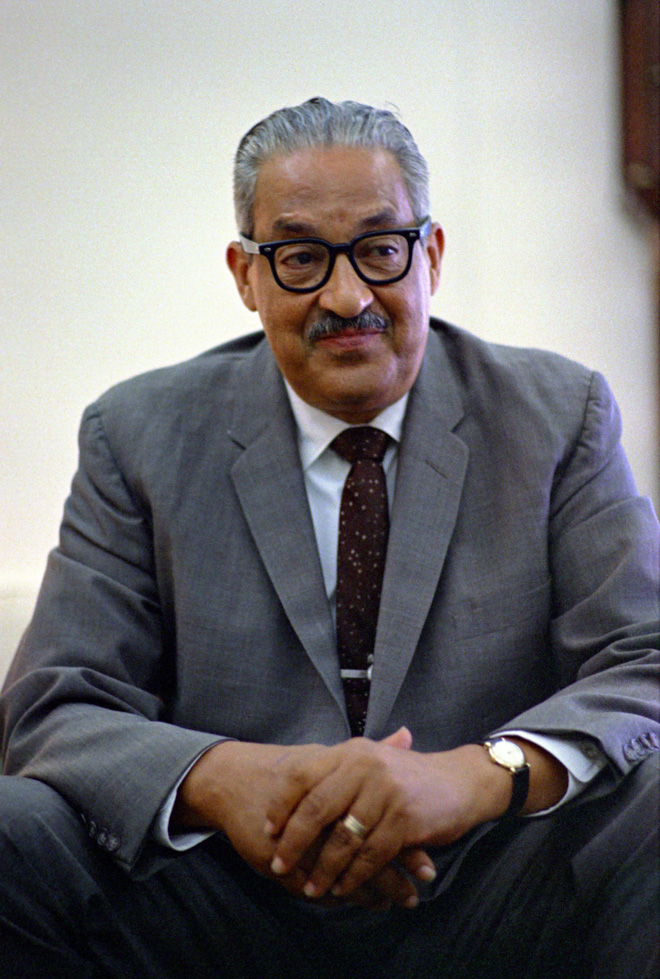Film director Reginald Hudlin and Ernest W. McFarland professor of law Deborah Rhode discussed Hudlin’s new film, “Marshall,” at a Stanford Law School-sponsored panel moderated by Vice Provost of Undergraduate Education Harry Elam in Cubberley Auditorium on Tuesday night.
“Marshall,” a legal drama officially in theaters starting Friday, Oct. 13, follows then-NAACP lawyer Thurgood Marshall’s successful 1940 defense of Joseph Spell, a black man falsely accused of raping his white, female employer.
“[Thurgood Marshall is the] kind of leader that we so sorely need today,” said Rhode, who clerked for the associate Supreme Court justice from 1978-79. “[We need] his great sense of justice and … his enormous humanity … the way he dealt with everyone. He understood all of the petty indignities and massive injustices that constituted race relations and he brought that to his work.”

Reflecting on her time clerking for the Supreme Court, Rhode mentioned that in 1976, Chief Justice Warren Burger proposed celebrating the bicentennial of the American Revolution with a pageant that included reenacting the signing of the Constitution with the current Supreme Court justices present.
“[Justice] Marshall said that would be fine as long as it would portray him accurately, in livery and knee breeches, holding the tray,” Rhode said.
Marshall, who in 1954 argued the landmark Brown v. Board of Education case before the Supreme Court, sacrificed comfortable race dynamics to pursue justice, Hudlin emphasized.
“Here he is, living in Harlem … during the Harlem Renaissance. Why would you want to leave?” Hudlin said. “You’re hanging out with your college friends, Cab Calloway and Langston Hughes; why do you leave that, get on a train and go to places that will lynch you after sundown?”
“Ultimately [“Marshall”] is a movie about allies,” Hudlin said when asked about the unlikely partnership between Marshall and a local Jewish lawyer, Samuel Friedman, who was officially Marshall’s “supervisor” for the case. Just as in the movie, Hudlin said, “the black-Jewish partnership in politics and entertainment is an important part of the American legacy.”
“There’s friction … that happens in any relationship,” Hudlin said, adding that “teamwork” is essential, “particularly in times like this … [because] freedom is not free.”
Contact Justin Daniels at justinmd ‘at’ stanford.edu.
An earlier version of this article stated that Brown vs. Board of Education occurred in in 1967, not 1954. The Daily regrets this error.